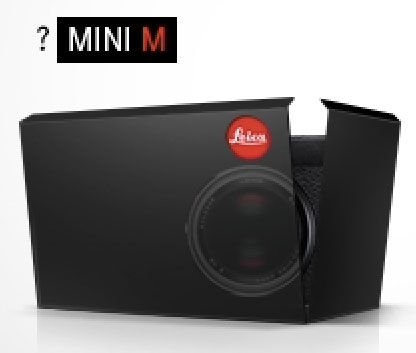urban_alchemist
Well-known
Guess we'll just have to wait till June 11.
That said, to all those who are predicting a rebadged Panasonic of some sort, what do you make of the news that they have been developing this for many years and that it wasn't ready for the last Photokina?
This points towards something unique and developed exclusively at and by Leica - not the quick rebody of a G5 or other m4/3.
That said, to all those who are predicting a rebadged Panasonic of some sort, what do you make of the news that they have been developing this for many years and that it wasn't ready for the last Photokina?
This points towards something unique and developed exclusively at and by Leica - not the quick rebody of a G5 or other m4/3.



